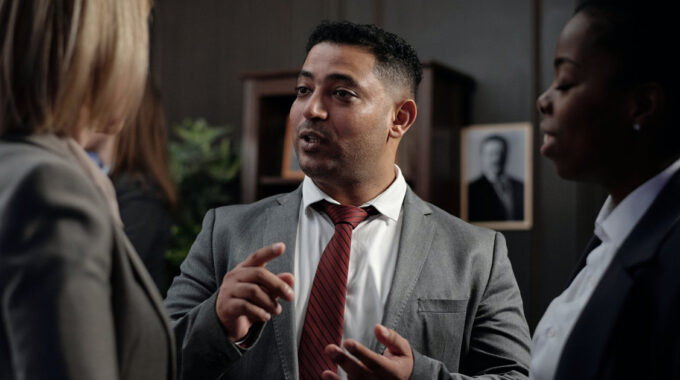
Tools for Building a Trustworthy Business
Trust is one of the key pillars that helps you create and maintain a customer network. When potential clients can trust your company, it is simple to attract, engage, and retain them. Customers that trust your company will not only form part of a loyal clientele but will also aid in efficient marketing by recommending your brand to other potential consumers, allowing you to expand your network. As a result, in this TED Business podcast episode, Marcos Aguiar, a digital trust advisor, lists a few effective tools that you must utilize in order to build a trustworthy business.
Marcos classifies trust into two types: relational trust and systemic trust. According to him, relational trust is the type in which the consumer develops trust just with the service provider, whereas systemic trust is built with the brand or the system. He believes that businesses must understand how trust affects their entire performance. He believes that when staff is satisfied within the firm, they are more likely to give gratifying services to customers, making them feel safe. Marcos offers a few contrasting instances, such as Orkut and Facebook, which quickly make us understand that the latter is well recognized but the former does not appear to exist to most people. One of the tools listed in this episode is access to who is permitted within the ecosystem to conduct services for the brand. He claims that when clients learn that the organization puts the individuals through a rigorous recruiting procedure, they begin to believe in their reliability.
According to him, the second most crucial tool for developing a trustworthy business is an incentive. He claims that effective ecosystems believe in rewarding collaboration. In addition to the incentive, he says that control is essential to developing a trustworthy business. He contends that effective ecosystems modify organizational behavior and culture such that the type of cooperation required emerges. Transparency is one of the most effective methods for instantly increasing consumer confidence in a company. He proposes that organizations make past and present actions transparent to everyone involved in the company, and he concludes with his final successful tool, mitigation. He believes that companies must be upfront about how they manage mishaps and prevent them from occurring in the first place. The episode concludes by emphasizing that although businesses must establish trust with their consumers, they must also build trust with their staff.
Developing a trustworthy business is an effort that businesses must take and manage as best they can. The aforementioned are a few efficient techniques that may assist a firm in developing a trustworthy brand.


















